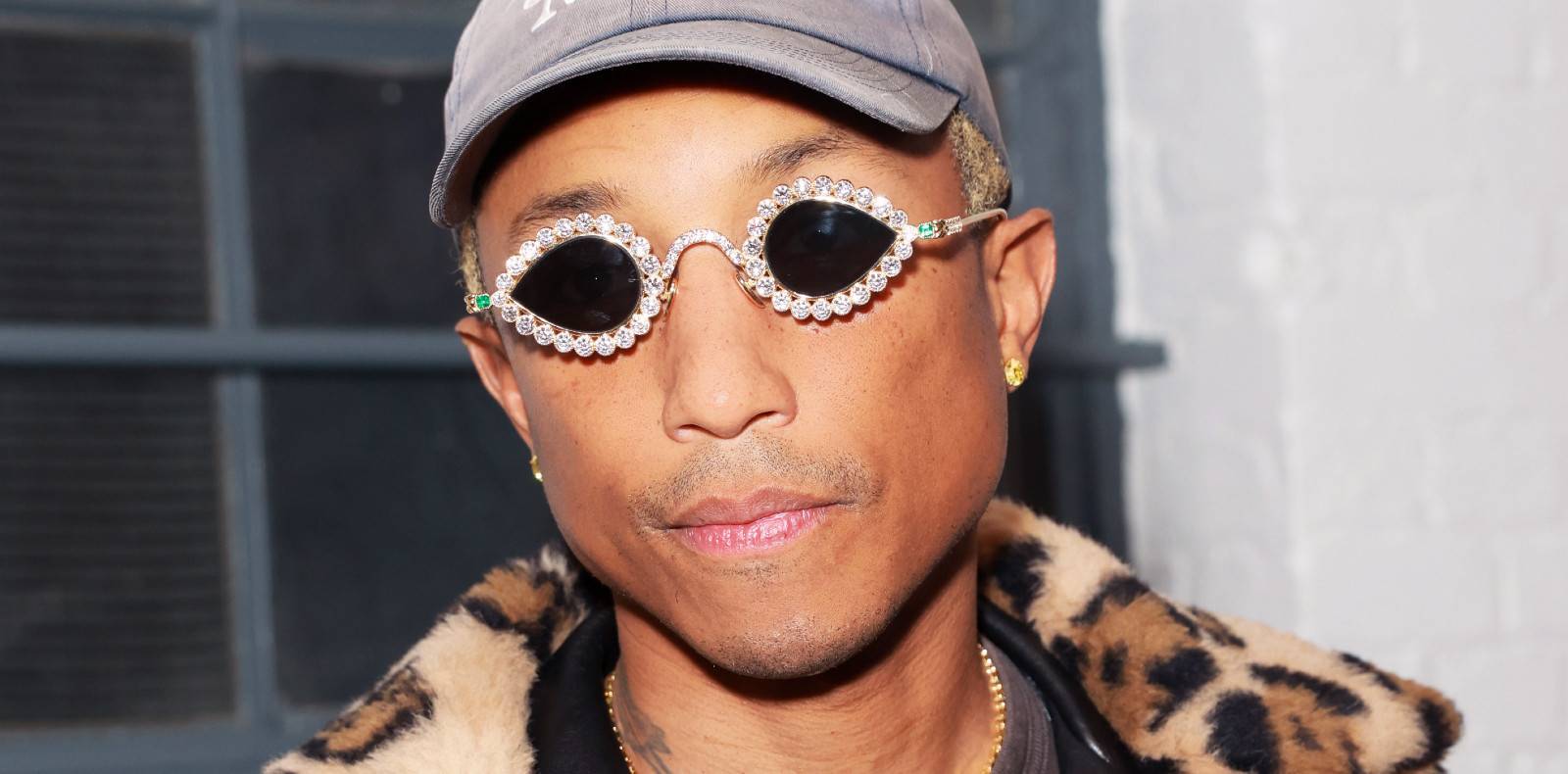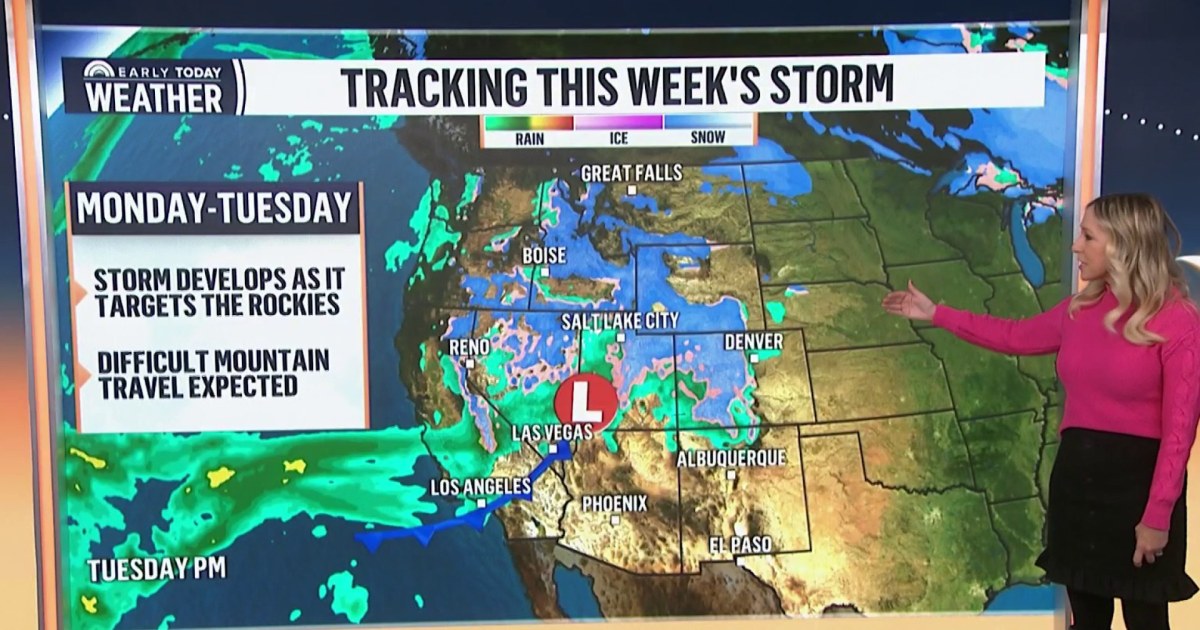Bussiness
Jaylen Brown and Kickstarter CEO Everette Taylor Discuss What It Takes to a Launch a Business

How do you kick-start a new brand when you’re up against deep-pocketed competitors? That’s what Jaylen Brown is considering. In September the reigning NBA Finals MVP launched his own apparel brand, 741, with plans to sign other athletes. As he was getting started, Brown met with Kickstarter CEO Everette Taylor, a man with extensive experience in marketing—his platform has helped founders raise more than $8 billion to launch products. The meeting was part of a new series called The Playbook, created by Entrepreneur and Sports Illustrated, where we pair entrepreneurial athletes with business leaders to discuss their shared passion for new ventures. Below is an edited excerpt from their full conversation, which you can watch here.
Taylor: I’m impressed by how you recognize that, no matter how successful you are now, you have a long life and the NBA is just one part of your career. Where did that recognition come from?
Brown: I got that from growing up playing chess. Because there’s three components to a chess game: an opening, a middle and an end game. As you approach your strategy, you have to know all three at the same time. Your opening act determines how you’re going to finish the game.
So when I translate that to life, I am positioning my pieces. It’s why I started thinking about the end of my career at the beginning. I know that this is a game.
Taylor: Yeah, I have that constantly in my head. I was homeless in high school, and I would go to the local library for shelter. That’s where I learned about people like Mark Zuckerberg and Jack Dorsey, and I was like, Wow. I wasn’t talented enough to be an NBA player, but this tech thing seemed like something I could do. It was a platform to build a career around.
So to your point about seeing the whole game at once, I have the vision that I want for my life, and I’m essentially working backwards from that. It’s about, “This is what I want my life to look like.” Every move that I make, every job that I take, everything that I do is intentional to get to that path.
Brown: And that’s the battle of humanity! Because, yeah, you have a mission, you have a purpose that leads you every day, but you still have emotions, you have vices, you have things you want to do. That’s why you need discipline and discernment. At 27, I’m still figuring it out. But I’ve got a clear vision for my future.
Taylor: So let’s talk about one of those things you’re building—
your shoe brand. What led you to launching it?
Brown: Honestly, I got the idea from Kobe [Bryant], rest in peace. Before he passed away, he was planning to launch his own shoe brand, sign athletes and give them better deals and percentages. I remember reading an article about that, and I thought it was dope.
I’ve gone through my own experiences, dealing with major corporations and how they value your creativity, and how they value you. I met with every brand and none of them stood out. They all kind of approach things the same. I was looking for the brand of the future, not the brand of the past. And I couldn’t find it, so I had to start it.
Taylor: That’s something a lot of people don’t do, because they’re willing to just take the scraps that other people give them. What do you think most differentiates your brand compared to others?
Brown: The design. I designed everything myself. I was just at the factory in South Korea, on the line, making sure stuff was done in the way that I see fit. I passed on probably almost $50 million worth of deals [from other brands] in order to start something on my own. And it’s not because I didn’t like the money. It’s because those deals pigeonholed me, and they didn’t allow creativity.
Taylor: Man, you lit up when you started talking about the design. You’re a creative. I know sometimes it’s tough to use that word about ourselves, but I think a true creative doesn’t want to be bound by anything. So, yes, money matters, and we want to be able to take care of our families, but when someone really embodies being the creative, they need to be able to put their art form out into the world the way that they see fit.
Brown: Yeah, and storytelling is so key here. There’s a lot of meaning and purpose and intent that I put into every facet of the brand, and I want to let stuff breathe and roll it out as people start to ask more questions. I don’t want to force anything. It doesn’t have to be the hottest brand on the street by tomorrow.
Taylor: I’m glad you have the marathon mentality, because none of the big shoe companies or apparel companies started off with major growth. It happened over time. I think your brand is going to personify authenticity, and people want to see and feel that—especially with Gen Z and new types of consumers. They’re buying things in a completely different way. They want to feel like that brand cares about people, and that it’s aligned with their interest and on the right side of good.
When you look at some of the big corporations in the space, I feel like they’ve lost that vision. Not to call anyone out, but a lot of bigger corporations have built their companies off the back of a great brand and great storytelling, then dumped billions of dollars into performance marketing instead of creativity, storytelling and authenticity.
Brown: That’s the cycle of life. Once you get to be so big and so successful, you’re trying to maintain. You’re just trying to protect what you’ve already built. Then you lose the ability to go forward and to keep breaking barriers.
Taylor: That’s why my biggest advice to you is to be consistently obsessed with growth and innovation and design. The moment that you get comfortable—and you don’t seem like the type of person that’s going to get comfortable—that’s when growth stops. I think about that all the time with Kickstarter. I think you got the right mentality. I’m excited to see what you do.
Brown: I hope so. Wish me luck, man.










